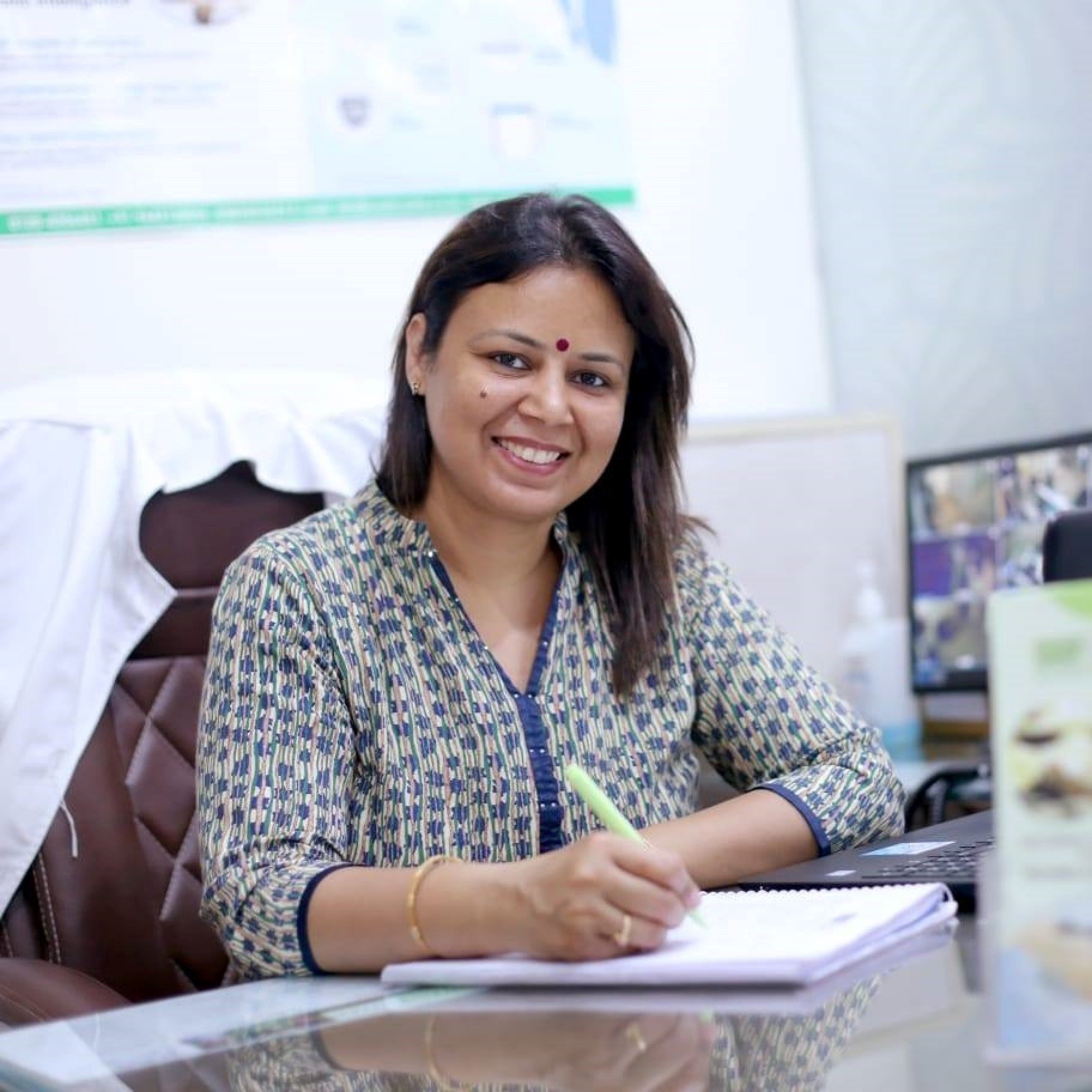
Explainer | What is intuitive eating? TikTok trend’s health benefits, including better digestion, more positive body image, and increased satiety with less food
- Intuitive eating helps a person break away from reactive or emotional eating patterns, relying on internal cues of hunger and fullness to guide eating habits
- A teacher explains how her quality of life and body image improved when she ate intuitively, while nutrition experts highlight the link to Ayurveda
Inspired by the Kardashian sisters’ well publicised fit physiques, Swathi Nair, a teacher based in Munnar, in India’s southwest state of Kerala, began to follow a restricted calorie diet to achieve a svelte figure herself.
Over three years, the diet helped the 32-year-old mother of two whittle down her weight by 7kg (15lb) – but it came at a price.
Nair became irritable, her blood pressure plummeted – and she felt guilty every time she ate a slice of pizza, her favourite food.
“My professional and personal relationships suffered because of my altered food habits. I stopped going out with my friends or socialising for fear of eating too much. My husband was miffed that I never wanted to eat out. Physically, I felt undernourished,” she says.

A nutritionist recommended that Nair adopt intuitive eating (IE): allowing her own internal cues of hunger and fullness to guide her to healthy food habits rather than obsessing over eating less.
“After a month of following the new routine, I saw a dramatic improvement in my body image and quality of life. I took control of what and when I ate,” Nair says.
“IE doesn’t impose guidelines. It aims to enhance an individual’s connection with their bodies organically through food.”
How one woman lost weight, regained her health by ditching crash diets
Intuitive eating helps a person break away from reactive or emotional eating patterns, says naturopathic doctor Rashmi Gupta of Vedic Sutra, an Ayurvedic wellness centre in the northern Indian city of Noida.
“The intuitive eating philosophy helps one start taking stock of one’s own eating behaviours and attitudes to calibrate one’s meal times and food quantity,” she says.
“When you eat, you start asking yourself if you’re experiencing physical or emotional hunger. This self-questioning automatically leads to a better relationship with food.”

The benefits of such an approach to eating include better digestion, and increased satiety with less food.
An analysis of 97 studies, published in the International Journal of Eating Disorders in 2021, linked intuitive eating to psychological benefits such as a positive body image and greater self-esteem and well-being.
Another study, published in the journal Eating and Weight Disorders in 2021, noted that eating intuitively, in accordance with the body’s needs, helps keep blood sugar levels in check.
As you’re eating, check in with yourself to see how the food tastes, and how hungry or full you are feeling. Be mindful
IE is not a diet but a philosophy, says Reshma Kardekar, a dietitian and nutritionist at the SAS Diet Learning Academy in Mumbai. She refers to it as a thoughtful approach to eating, the antithesis to mindless food consumption.
“Our ancestors followed intuitive eating instinctively by letting their body guide them to what and when they ate. They also consumed seasonal, local and fresh, home-cooked food.”
The basic principle of IE is to eat when you’re hungry. But if you wait for hunger to become uncontrollable, you’ll end up eating more while also choosing the wrong foods, Kardekar says.

To address these lifestyle disorders that also cause premature ageing, one has to reset one’s food habits, Kardekar says.
Gupta adds that to eat intuitively, it is vital to distinguish between physical and emotional hunger.
“The former is the body’s message while the latter could be triggered by boredom, loneliness and depression. Always listen to the body,” she says.
Diabetes and its health risks, from kidney and heart failure to amputations
Intuitive eating is a big trend now: TikTok videos with the intuitive eating hashtag have had more than 2.2 billion views; Instagram has more than 2 million @intuitiveeating posts.
It’s not a new concept, though – IE has been around since the 1970s. In 1973, Thelma Wayler founded a weight-management programme called Green Mountain at Fox Run, based in the US state of Vermont. The programme advocated sustainable lifestyle changes over faddish diets for a better relationship with food.
In 1978, Susie Orbach published the book Fat is a Feminist Issue, which aimed to provide a model for a different kind of eating – “a sustainable way to eat what one’s body wants and needs and to be a healthy size”.

And US author Geneen Roth began to write about emotional eating in the 1980s.
“The way to transform our relationship with food, our body and so much more in our life is to be open, curious and kind with ourselves – instead of punishing, impatient and harsh,” Roth wrote.
The term “intuitive eating” was coined in 1995, as the title of a book by US dietitians Evelyn Tribole and Elyse Resch.
What is Ayurveda? History, treatments, doshas explained
Traditional Indian medicine practitioners say that the 5,000-year-old science of Ayurveda has always advocated intuitive eating.
According to Ayurveda, “one should listen to one’s body and not go by the clock or follow trendy diets”, says Ayurvedic doctor Anu Jaiswal.
“Listen for the signals of comfortable fullness, when you feel you have had enough. As you’re eating, check in with yourself to see how the food tastes, and how hungry or full you are feeling. Be mindful.”

Make your eating experience enjoyable, Kardekar says. Don’t eat on the go or gobble down food in front of the TV or while scrolling through your phone. Instead, sit at the dining table away from distractions to savour your meals.
“Appreciate every aroma, taste and hue. When you focus on your food, the food not only tastes better but it also takes less food to satisfy you,” she adds.
As a part of mindful eating, Ayurveda also recommends “ritucharya” – or modifying one’s lifestyle and diet to suit the season.
“In summers, our body requires more hydration and light foods,” Jaiswal says. “In winters, the body works harder to maintain a higher temperature, which requires more energy-dense foods from richer and more nourishing sources, such as nuts, green leafy vegetables and soups.”
Exercise will keep you alive, professor says, but won’t help you lose weight
Ayurveda says the human body is made up of three life energies, or “doshas”: vata, pitta and kapha. Balanced doshas create equilibrium, leading to optimal health through the right diet.
“In winter, we have to pacify the ‘vata’ component,” Jaiswal says. “Vata signifies air and space, and its imbalance can trigger ailments like stomach bloating, indigestion, joint aches, skin dehydration and ear pain. All these can be addressed through mindful or intuitive eating.”
Kardekar says to be mindful of portion sizes and stop eating when satisfied. Avoid second helpings and opt for local, seasonal and home-cooked food.
‘I look like a different person’: how one woman lost 30kg in 7 months

